2020 Award Winners
Hunter Frame
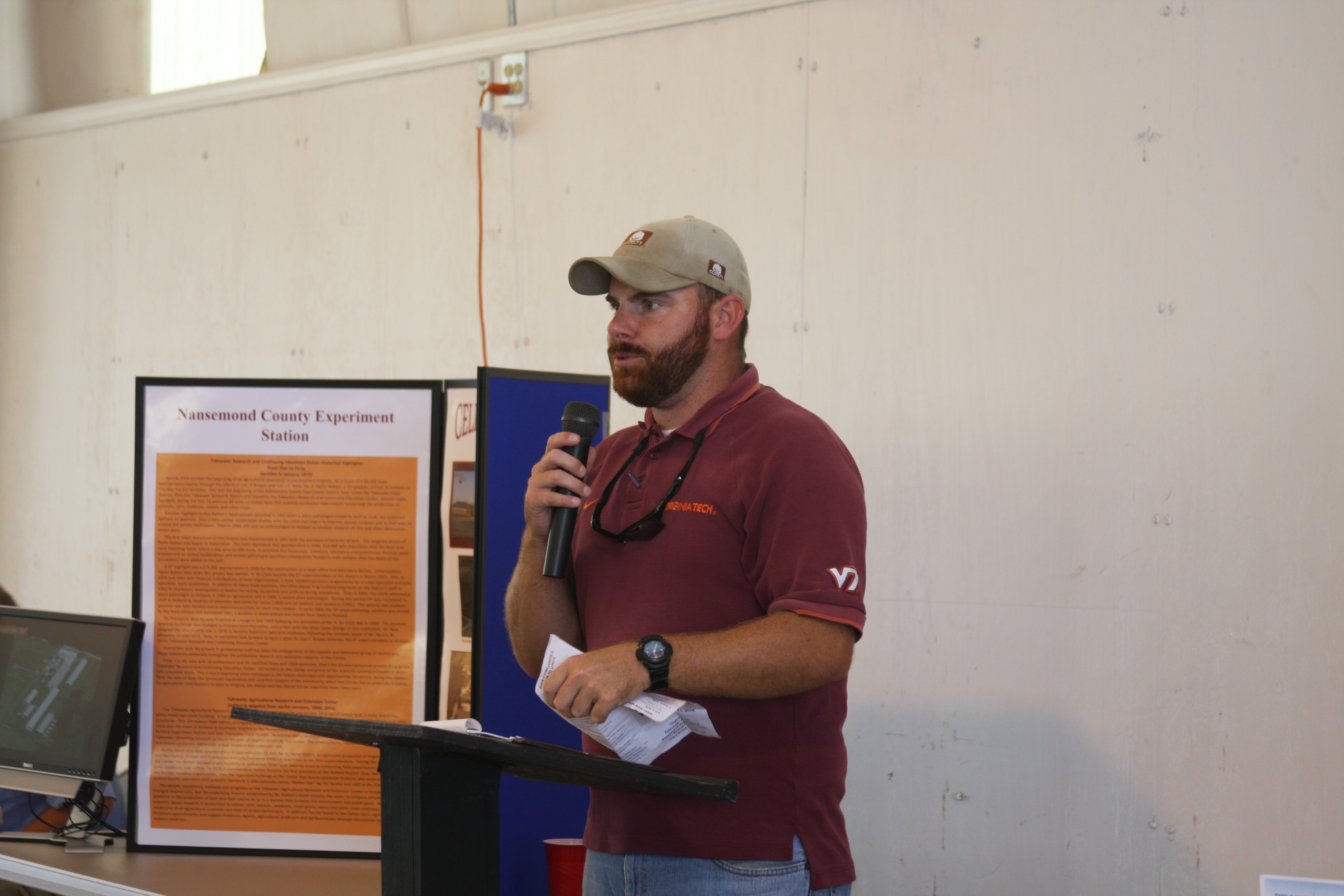
Frame is an associate professor at the Tidewater AREC and one of his major Virginia Cooperative Extension and applied research program goals is focused on enhancing the breadth and impact of the Official Cotton Variety Testing Program in Virginia to determine the best genetics for Virginia growers.
Frame works to enable growers to increase profitability with reduced environmental impacts of cotton and other row crops. His program embodies the mission of the Land Grant University concept by providing practical solutions to real-world problems.
Frame is also a co-project director on the USDA-NIFA funded proposal “Securing our food: A translational experience for undergraduate students in plant sciences.” The development of the translational plant science fellowship program established the first and only undergraduate fellowship program at Virginia Tech which introduces underrepresented groups and students with no formal plant science experiences to basic and applied plant sciences.
In the time of digital content delivery, Frame has incorporated social media into his Extension outreach program in order to increase the impact of his research and extension programs.
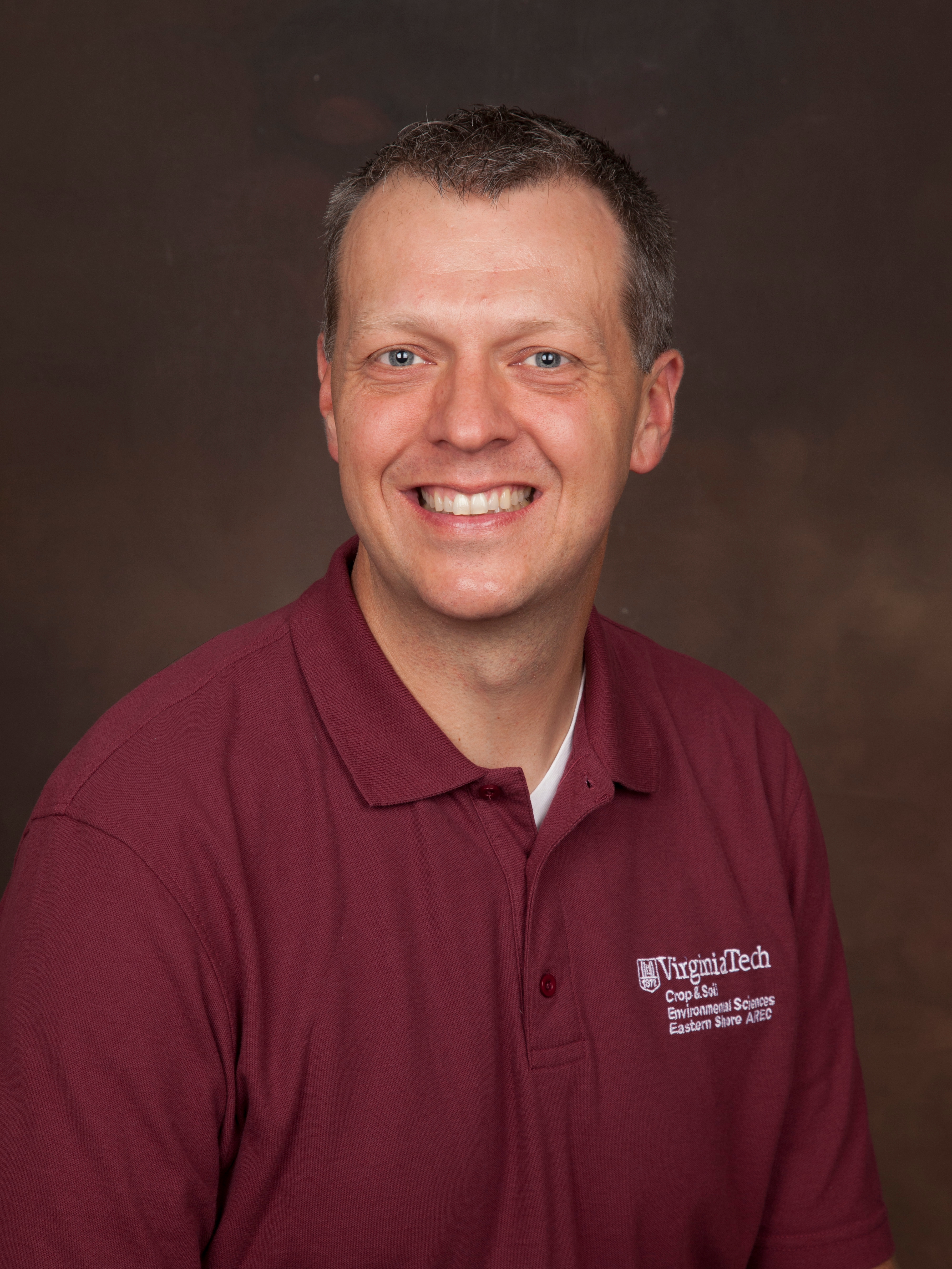
Mark Reiter
Reiter, an associate professor at the Eastern Shore AREC, has gone above and beyond in his dedication to ensure diversity and inclusion at all levels.
Reiter completed training to certify as a diversity advocate for hiring committees; he has made it his goal to ensure equal footing for hiring to diversify faculty, staff, and students; He has been involved in recruiting and speaking to diverse students about agriculture,
connections between agriculture and environment, ARECs, and Virginia Tech; he actively recruits colleagues from Historically Black Colleges; Extension and applied research program serve numerous underserved communities by participating in speaking engagements and workshops.
By meeting students where they are, listening to those without voices, and championing diversity, Reiter works to create an open and inclusive environment that advances the reputation of CALS each and every day.
Jacob Barney
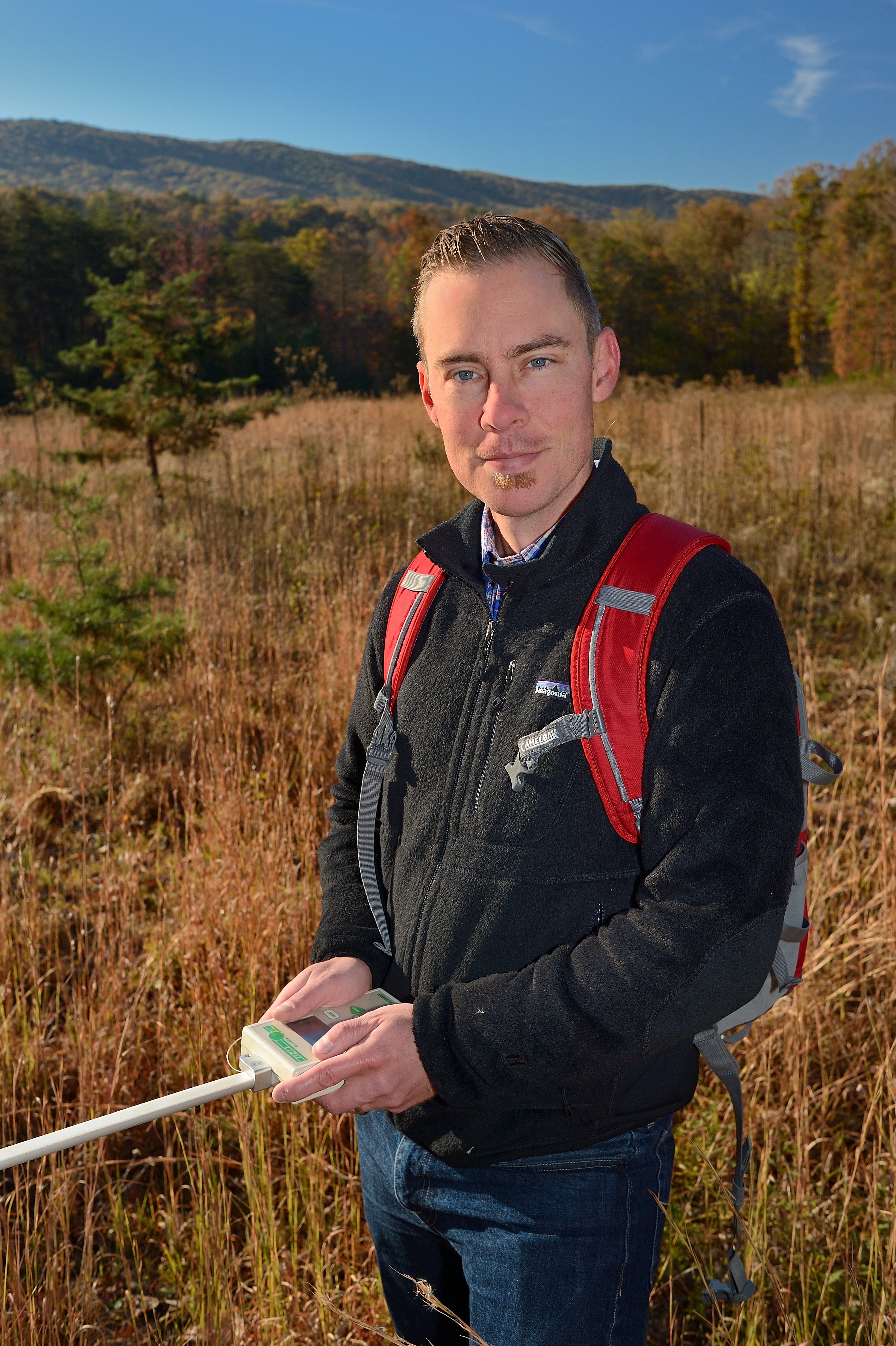
Barney is an associate professor in the School of Plant and Environmental Sciences and specializes in invasive species, a major threat to global biodiversity.
His research has had a major influence on how impacts of plant invasions are measured and classified. This is an active and rapidly evolving area of research in the invasive plant science field that is in need of more rigorous synthesis.
Invasive species present one of the five greatest threats to global biodiversity and food security, costing more than $1.5 trillion annually. Quantifying, predicting, and mitigating the impacts of invasive species is of utmost importance. These are the axes by which Barney aligns his research program to deliver effective strategies to stakeholders at both the local and national levels.
Barney has created novel ways of quantifying the ecological impacts of invasive plants, which are surprisingly poorly understood. This methodology has gained global attention as being the standard by which impacts are quantified; the impacts are then key for prioritizing invasive species management.
Barney has collaborated and co-authored articles with some of the most influential plant invasion ecologists and weed scientists in the world speaks to the quality, rigor, and impact of his research.
Boris Vinatzer
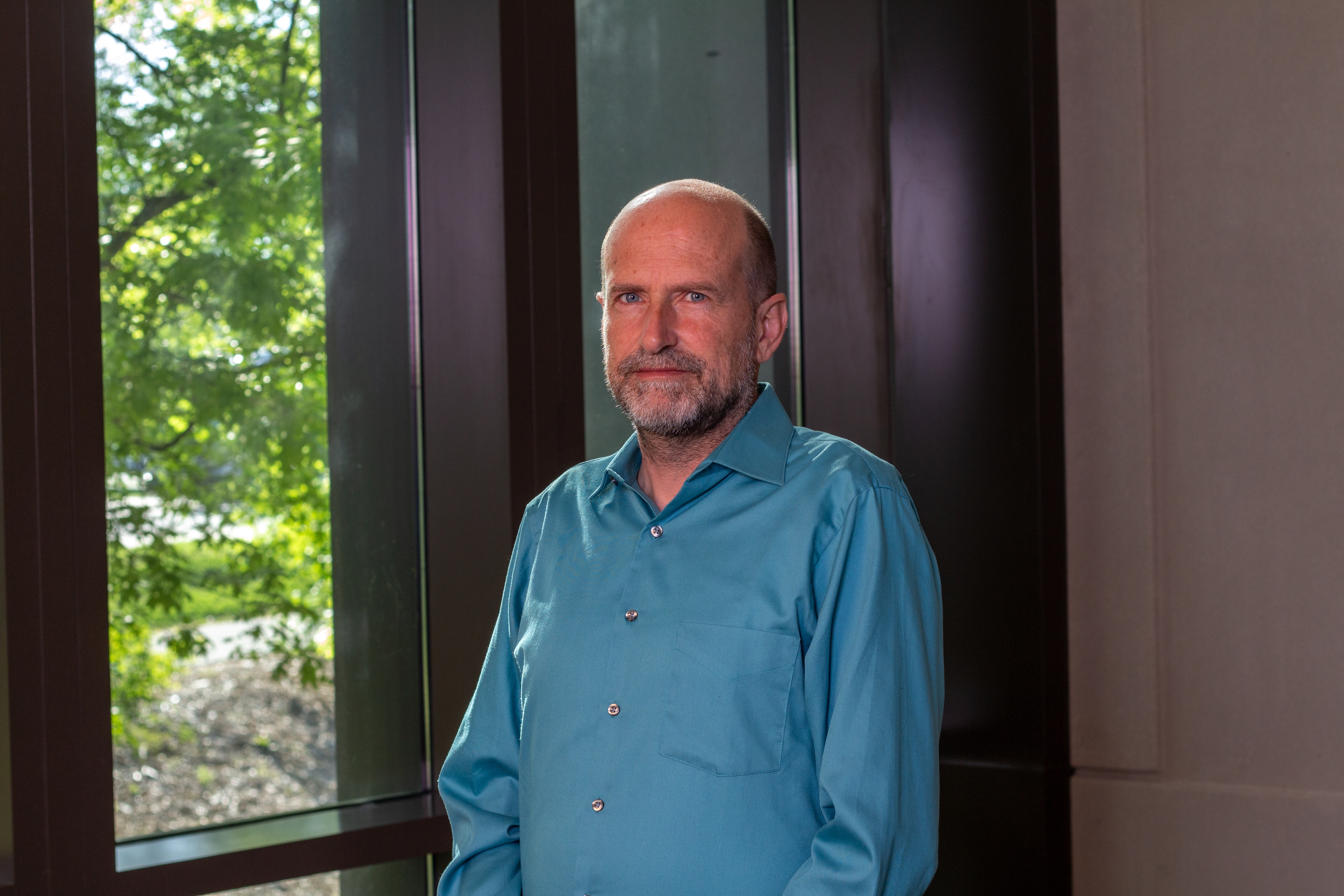
Vinatzer is a professor in the School of Plant and Environmental Sciences who has helped identify emerging plant disease. Boris has with funding from NSF, he is currently unraveling the molecular basis of ice nucleation in this bacterium.
This research is highly relevant to climate change because there is growing evidence that the abundance of ice nucleation active bacteria in clouds affects global warming and the frequency and intensity of precipitation.
Vinatzer’s entire academic career, from his Ph.D. project at the University of Bologna in Italy to his research as faculty member in CALS, has centered on using the latest available technologies to gain basic insights into the genetics of bacteria and plants and to improve plant health. In his Ph.D. research, he used a recently-developed cloning technology to identify the very first gene in any tree that confers disease resistance.
In his postdoctoral work, he took advantage of one of the first genome-sequenced bacterial plant pathogens to identify its complete repertoire of a key type of virulence gene. This helped to unravel how bacteria cause plant disease and to determine how we can develop plants that resist them.
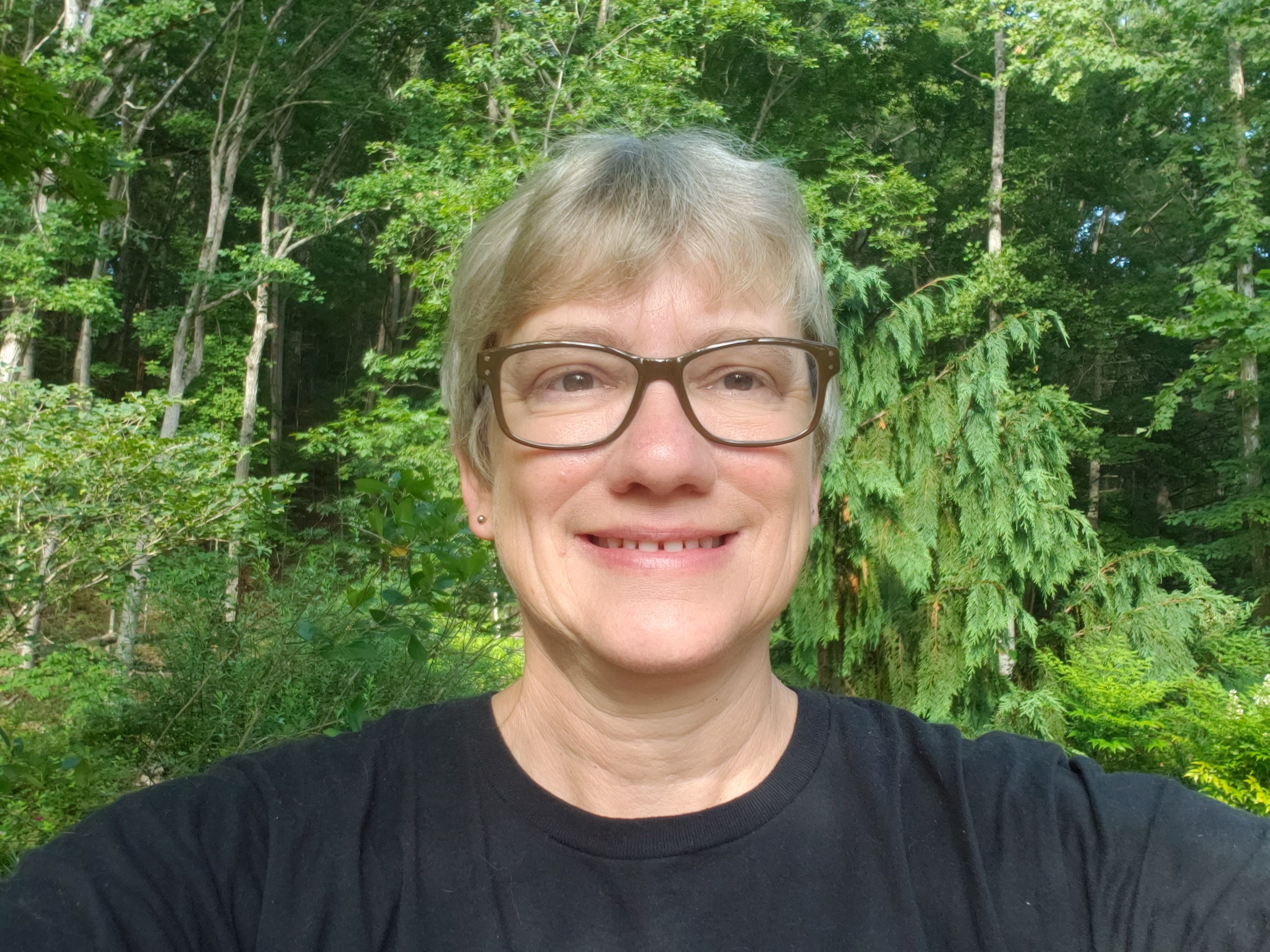
Kim Waterman
Waterman, a laboratory manager in the Department of Food Science and technology, helped get Food Science and Technology up and running in the HABB1 and set up the new BSL-2 food microbiology labs. She led the development of all of the new biosafety documentation for the new lab and helped faculty create their own tailored biosafety plans based on their research.
Waterman also maintains inventory and equipment, ordering and receiving supplies, calibrating and repairing instruments, maintaining and updating the bacterial culture collection, enforcing safety procedures, hazardous waste disposal, and proper autoclave use.
She also became more integral in instructing and assisting graduate students in their research endeavors. Key education that she provides to these students include: proper media preparation, aseptic techniques and microbiological procedures, instrumentation operation, proper cleaning and sanitation, and waste management.
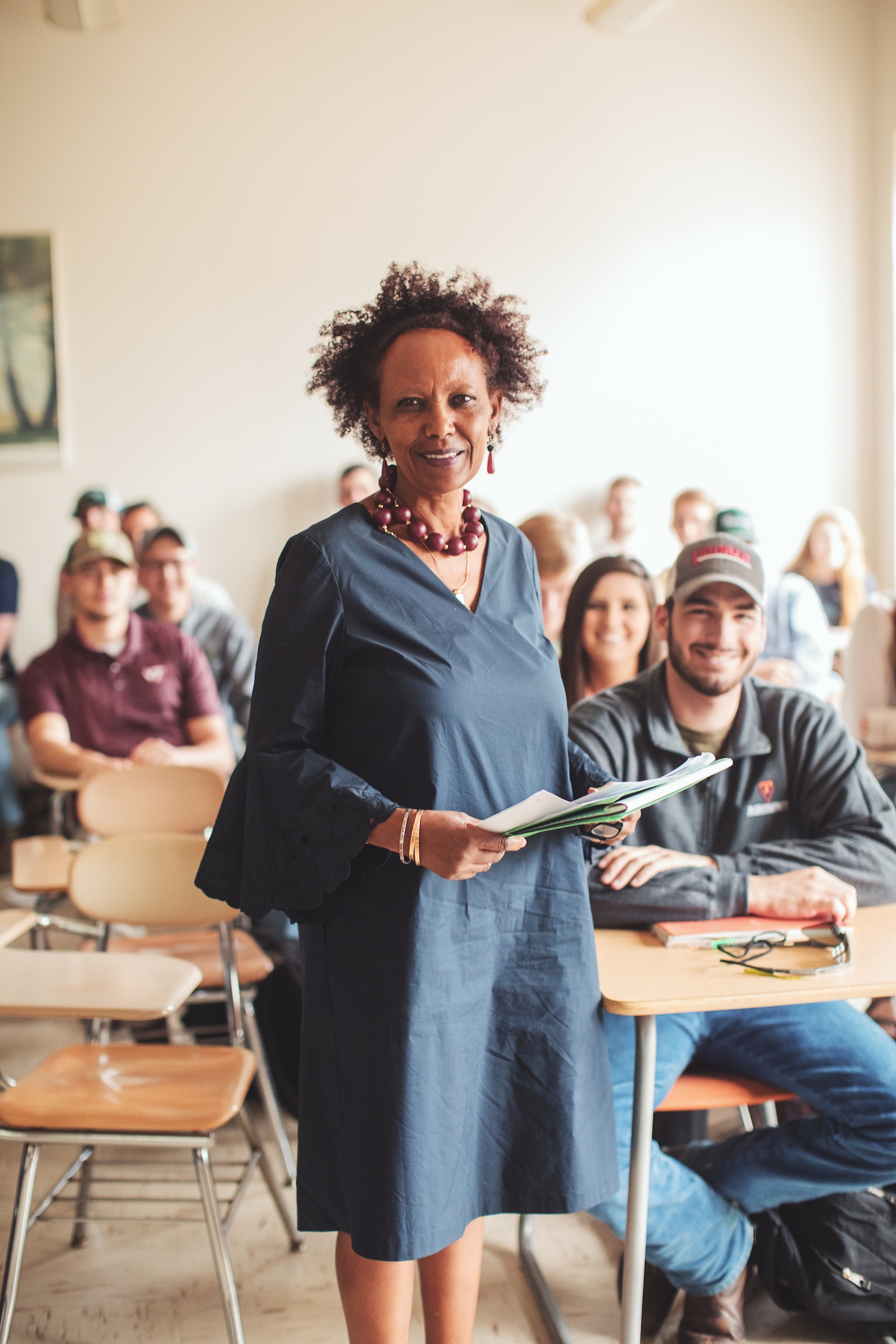
Ozzie Abaye
Abaye, a professor in the School of Plant and Environmental Sciences,
has conducted or been involved with including her seed training, silage and mung bean programs in Senegal. She also has extensive service to students including her work with Agronomy Club, crops judging teams, and student service-learning projects.
The School of Plant and Environmental Sciences had an opportunity to work with the Southwest Virginia Science Museum and Abaye saw an opportunity. She organized a renovation of the space and created a “World Crops Education Center.”
This center will serve as a resource for teaching the public more about agriculture and what we are doing to maintain a healthy environment and sustainable food production system. The center will also serve as a resource for K-12 teachers to bring students on experiential learning field trips.


